For most of us, dental cleanings are a regular part of life. Seeing the dentist twice a year to maintain oral health is a simple step, but it’s one that a lot of people overlook. Whether you’re new to the world of dentistry, if it’s been a while since your last appointment, or if you’re just curious to see what to expect, we’ve got you covered.
Although the exact steps in the process may vary slightly from one dentist or hygienist to the next, it’s basically the same no matter where you go.
Step One: The Exam
Before doing anything, your dentist or hygienist is going to want to poke around and see what state your oral health is in. In addition to general health, they will look for specific issues, such as cavities, gingivitis, or other oral health concerns. They may also request X-rays to get a thorough view of the situation.
Step Two: Plaque and Tartar Removal
Once the exam is complete, it’s cleaning time. That starts with plaque and tartar removal, which is usually most people’s leastfavorite part of teeth cleaning. Using a variety of metal tools and a small mirror, the dentist or dental hygienist will scrape all the tartar and plaque from your teeth. Then, your mouth will be rinsed before moving to the next stage.
Step Three: Deep Cleaning
The next step is to do a deep cleaning with an electric toothbrush. This is a professional-grade version of the kinds you can buy to use at home, and it’s usually combined with a gritty toothpaste to help deep clean and restore some of the shine. This can remove additional plaque and debris that is missed in the initial process.
Step Four: Flossing
Once brushing is complete, your hygienist or dentist will floss your teeth vigorously and thoroughly. This helps remove any remaining debris and ensures that your gums are clean and healthy. For those who floss regularly, this step usually is fairly painless. Those who have gum health concerns or who don’t floss may deal with some bleeding or slight discomfort during this process.
Step Five: Fluoride Treatment
Most cleanings conclude with a fluoride treatment. The dentist will fill a tray with fluoride gel and then put it in your mouth and tell you to bite down. This will stay in your mouth for a few minutes before being removed. Then your mouth will be rinsed a final time.
Step Six: Rinse and Repeat
Technically, the last step is just a gentle reminder. You should be getting dental cleanings every six months, or at the very least, once a year, to keep your oral health in its best condition. And once you feel how clean your mouth is after a visit to the dentist, the chances are good that you’ll be ready to go back.
Prevention is a lot easier and more affordable when it comes to your teeth, which is why regular cleanings are essential. Schedule your check-up and cleaning today if you haven’t had one in the last six months!






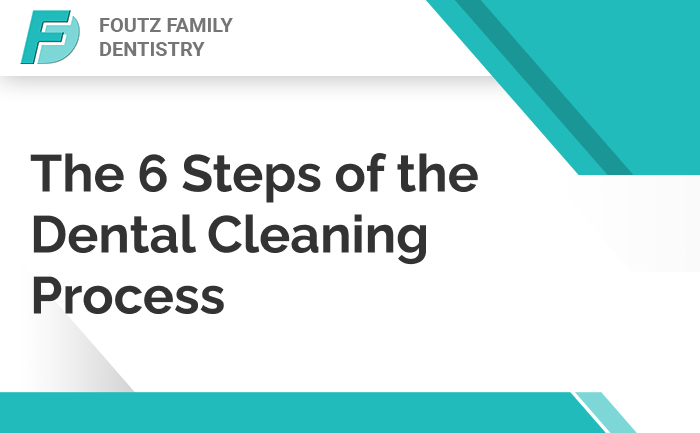
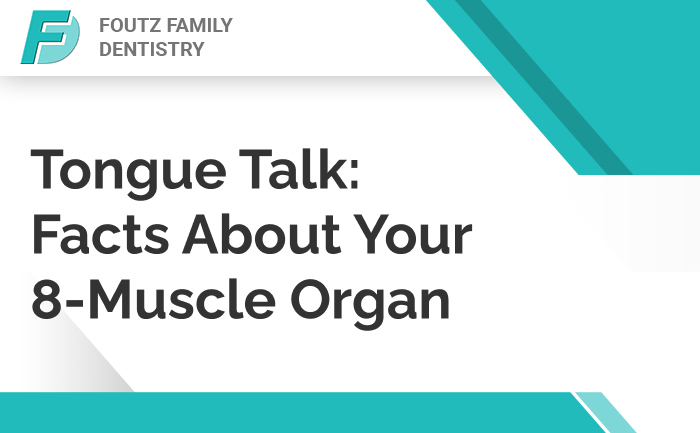
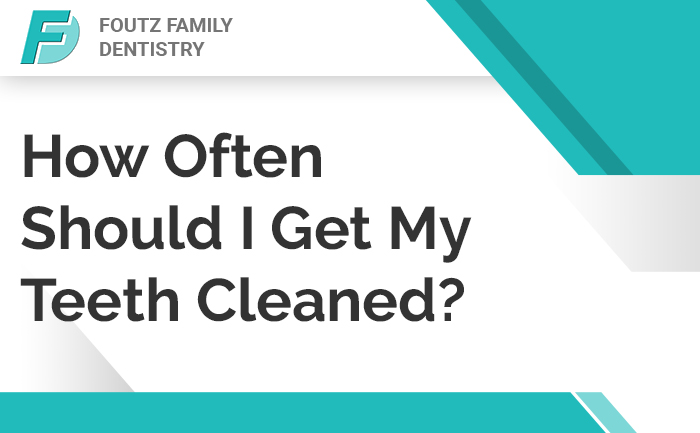
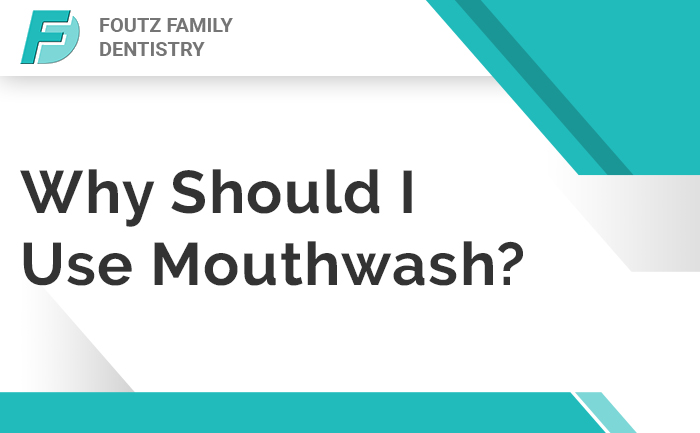
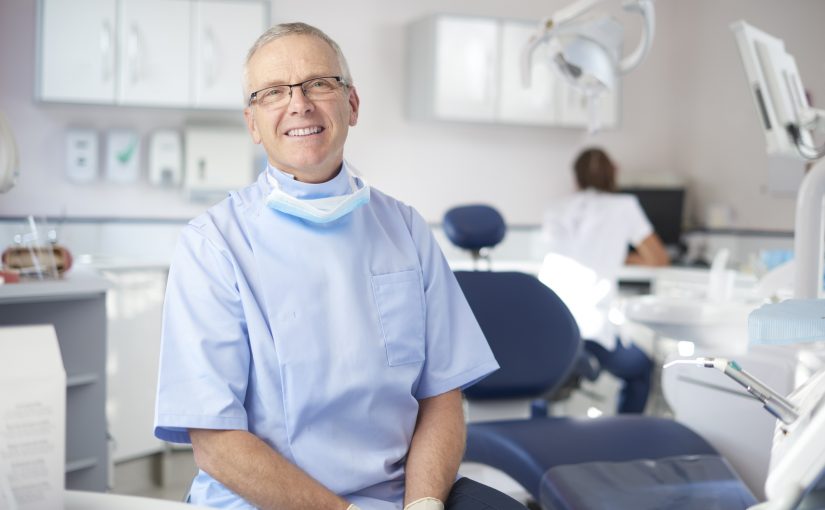
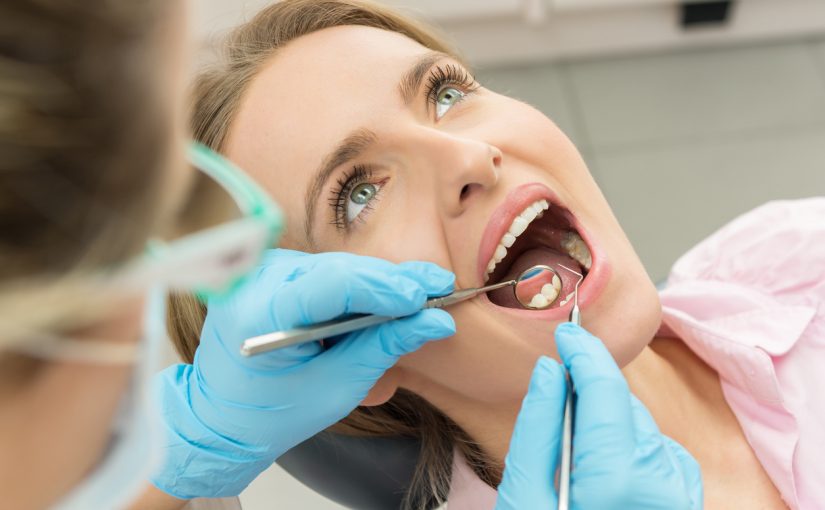
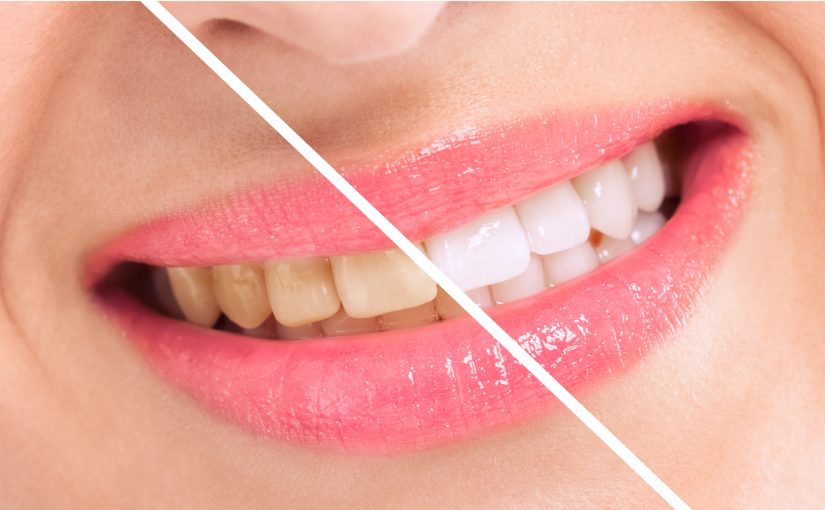
 At
At 


